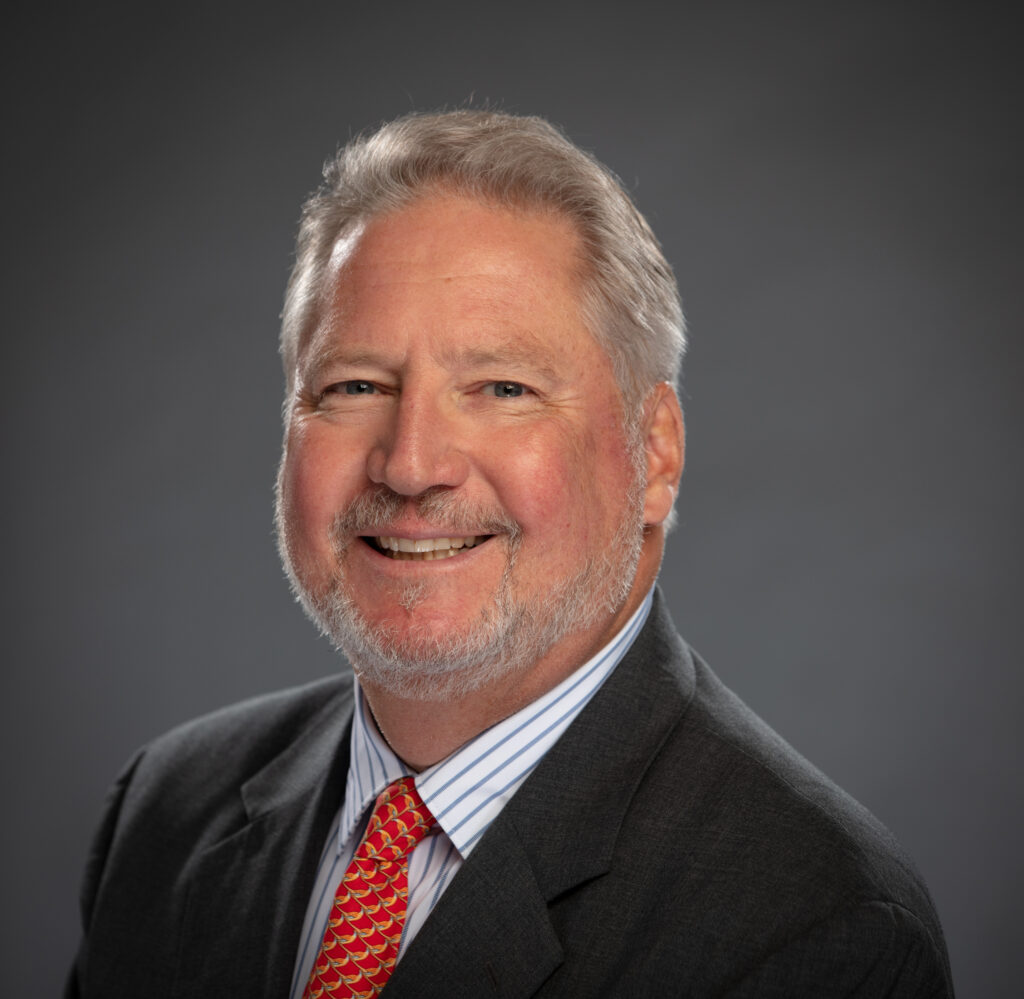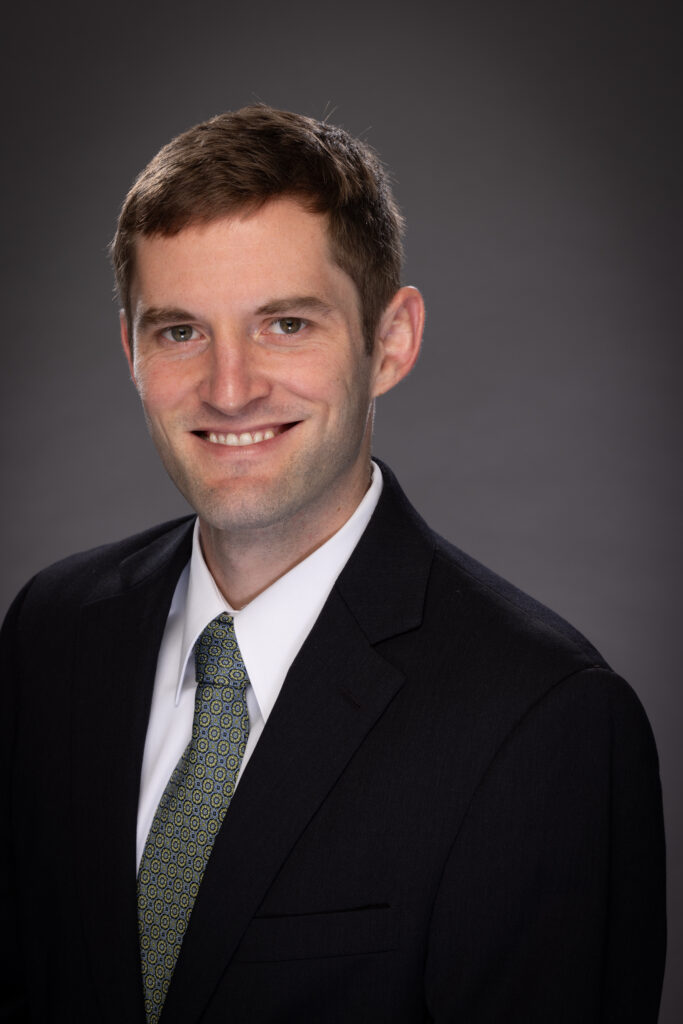In an October 20, 2023, announcement, the IRS set out a trio of initiatives aimed at corporate taxpayers. The initiatives are part of an effort to “close th[e] gap” between the IRS and “the increasingly complicated set of tools that the wealthiest taxpayers use to hide their income and evade paying their share.” The notice warns that the IRS is “taking swift and aggressive action to close this gap.”
The three initiatives are (1) a large foreign-owned corporations transfer pricing initiative; (2) expansion of the Large Corporate Compliance program; and (3) cracking down on abuse of a repealed corporate tax break.
The “large foreign-owned corporations transfer pricing initiative” focuses on U.S. subsidiaries of foreign corporations that the IRS believes are not paying their “fair share” of tax on their U.S. activity. The IRS will send compliance letters to 150 subsidiaries that it believes are improperly using transfer pricing to underreport U.S. profit. The compliance letters will “reiterate . . . U.S. tax obligations and incentivize self-correction.”
“Expansion of the Large Corporate Compliance program” initiative involves auditing another 60 of the largest corporate taxpayers. The Large Corporate Compliance (LCC) program focuses on taxpayers with over $24 billion in assets and $526 million in yearly taxable income. Coupled with the use of artificial intelligence, the Large Business & International Division is onboarding accountants in early 2024 to aid in selecting the 60 corporate taxpayers.
The “cracking down on abuse of [a] repealed corporate tax break” initiative deals with the Section 199 deduction for domestic production, which was repealed by the 2017 Tax Cuts and Jobs Act. The IRS has identified $6 billion in refund claims based on the Section 199 deduction. Touting a Circuit Court of Appeals win in Bats Glob. Mkts. Holdings, Inc. v. Commissioner (upholding the Tax Court’s denial of a 199 deduction), the notice says the case “will have far-reaching benefits to the IRS’ ongoing efforts” to address noncompliance with Section 199.
Authored by Mark Mesler and Chris Bishop
Authors

Mark Mesler, Esq.
Senior Counsel at Asbury Law Firm. He is a retired Principal at Ernst & Young where he led the firm’s Tax Controversy practice.

Chris Bishop, ESQ.
Associate at Asbury Law Firm.